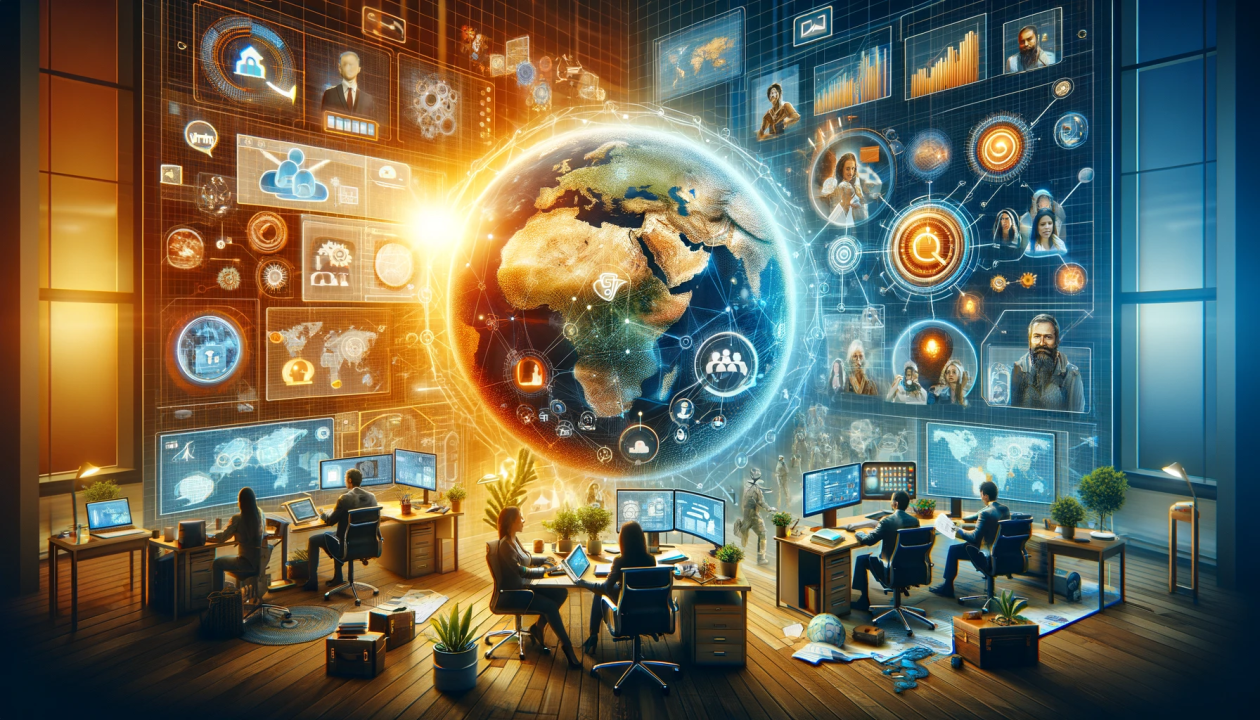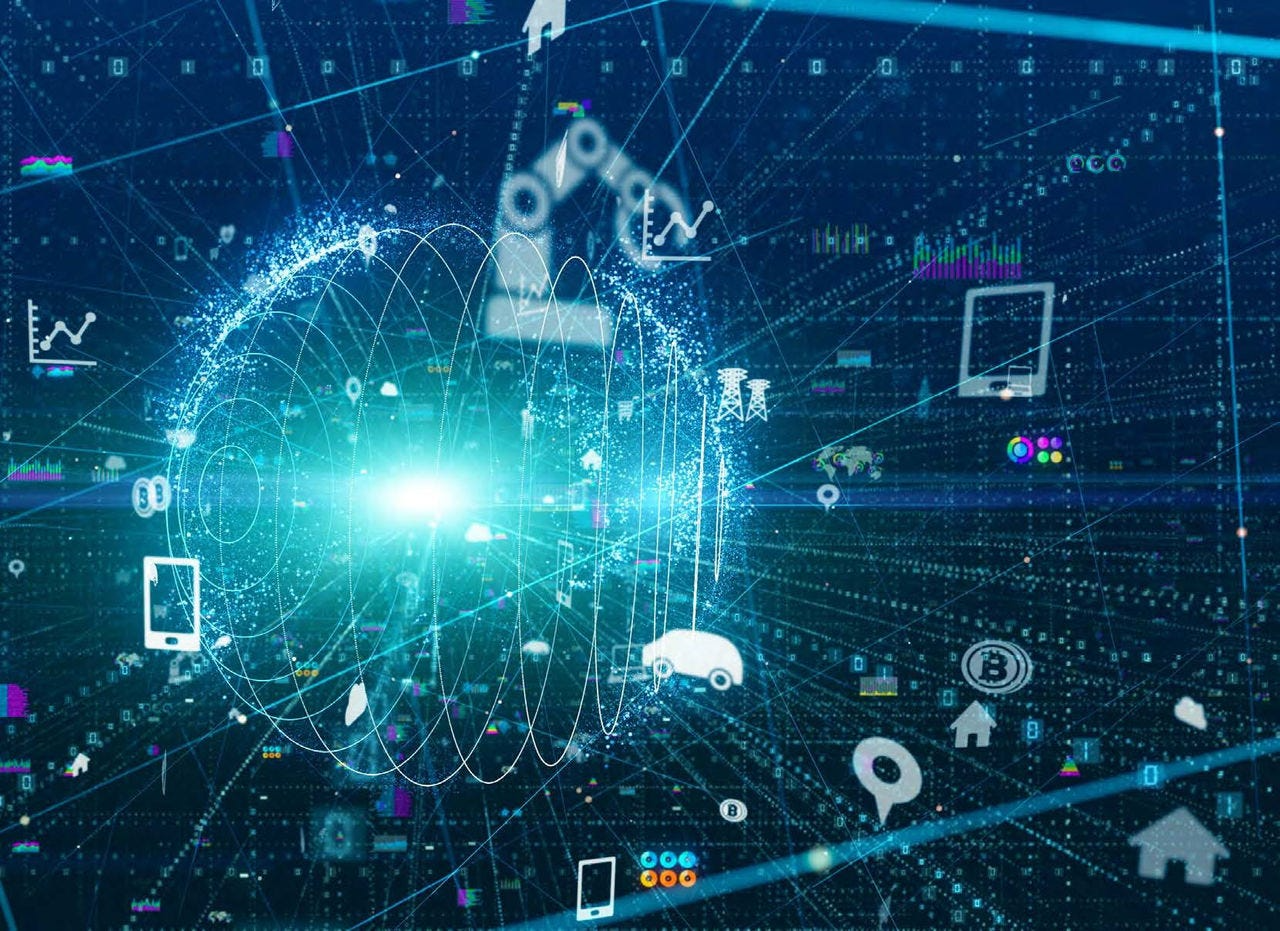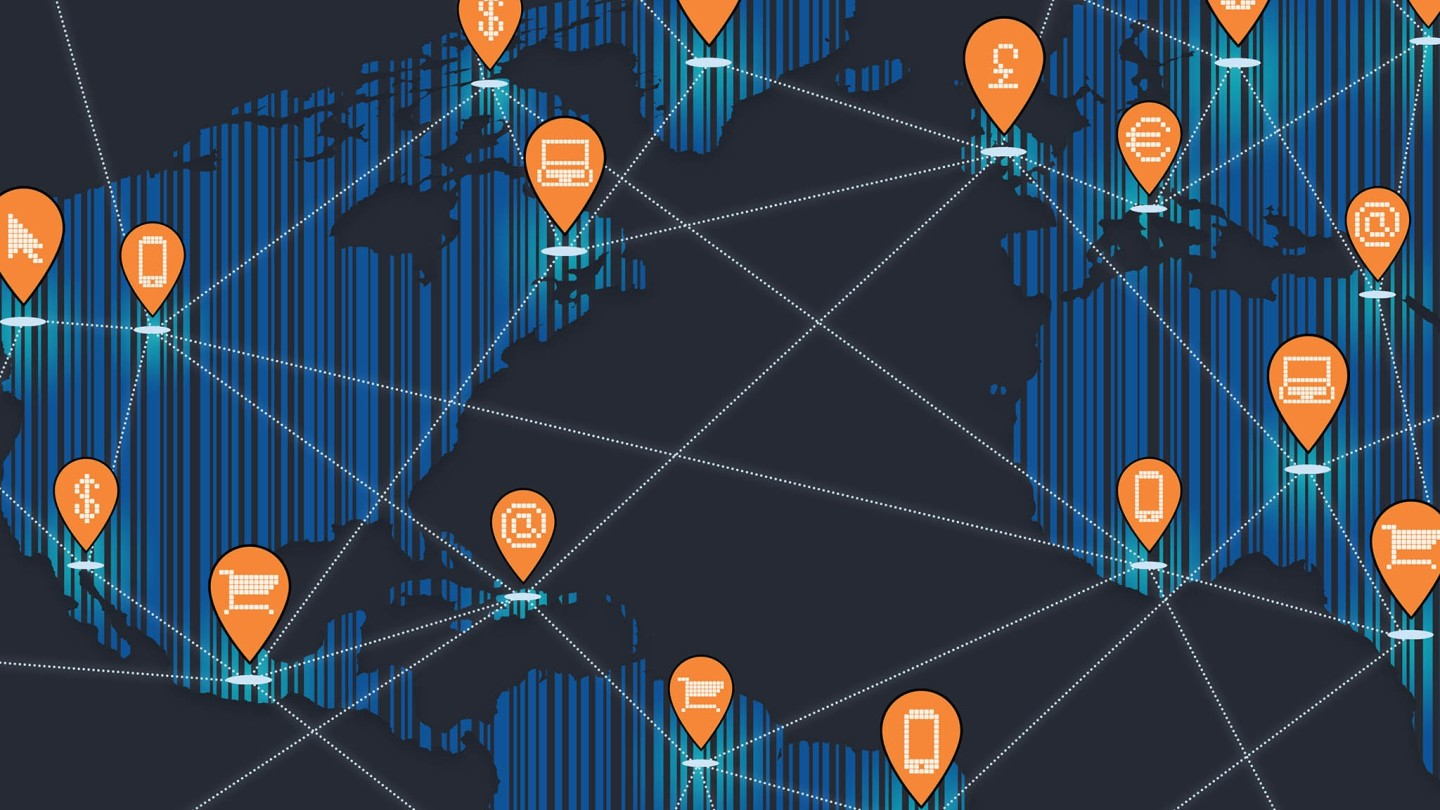The Future of Work: Navigating Economic Transformation and Workforce Adaptation in a Post-Pandemic World

The global economy is experiencing rapid transformation, especially in the realm of work. Driven by technological advancement, shifting economic priorities, and the lasting impacts of the COVID-19 pandemic, the future of work is evolving faster than ever. The changes brought about by automation, remote work, artificial intelligence, and digital platforms are reshaping labor markets, industries, and workers’ lives. Understanding these trends is essential for governments, businesses, and individuals to navigate this transition successfully and address the challenges that arise, including skill mismatches, inequality, and worker displacement.
This article examines the forces driving the future of work, the implications for economies and labor markets, the potential challenges, and the necessary actions for creating a resilient workforce that can adapt to these changes.
Key Forces Shaping the Future of Work
Several factors are catalyzing changes in the way work is conducted and organized, including technological innovation, demographic shifts, and evolving work cultures.
1. Technological Advancements
Automation, artificial intelligence (AI), and machine learning are transforming industries by streamlining processes, improving efficiency, and reducing the need for human labor in repetitive and data-driven tasks. Manufacturing, logistics, and even white-collar industries like finance and law are seeing jobs evolve due to AI-driven tools that can analyze data, predict outcomes, and automate decisions.
According to a report by McKinsey, up to 30% of global work activities could be automated by 2030. However, this shift also creates new types of jobs, especially in tech and data analytics fields, as companies need workers who can design, manage, and work alongside these new technologies.
2. The Rise of Remote and Hybrid Work
The COVID-19 pandemic accelerated the adoption of remote work. Many companies worldwide had to shift to work-from-home models, and as restrictions eased, a hybrid approach emerged, allowing employees to work both in-office and remotely. According to a survey by Gallup, about 45% of full-time employees in the United States worked remotely at least part of the time by the end of 2022. This shift has altered expectations, and companies that offer flexible work arrangements can attract and retain talent more effectively.
3. Gig Economy and Freelance Work
The gig economy, characterized by short-term contracts and freelance work, is another defining feature of the modern labor market. Platforms like Uber, Upwork, and Fiverr have enabled workers to provide services on-demand, creating flexibility for both workers and employers. The gig economy allows workers to choose when and where they work, but it also raises questions about job security, benefits, and fair compensation. As more workers choose gig or freelance work, policymakers will need to address these concerns to ensure fair labor practices.
4. Globalization and Workforce Diversity
The digital economy has made it easier for companies to hire talent globally. As work becomes more flexible and digital, businesses are increasingly hiring employees from different regions, creating more culturally diverse and dispersed teams. This globalization of the workforce brings unique challenges, including managing cultural differences and communication across time zones, but it also enriches companies with a range of perspectives and skills.
5. Demographic Changes
In many parts of the world, populations are aging, while younger generations are entering the workforce with different values and expectations. Millennials and Generation Z, who make up a significant portion of today’s workforce, value work-life balance, flexibility, and meaningful work. At the same time, an aging workforce in many developed countries creates challenges for filling labor gaps, particularly in sectors like healthcare and manufacturing. Companies and governments must address these demographic trends to create a workforce that meets both the needs of the economy and the expectations of younger generations.
Implications for Labor Markets
The transformation of work has significant implications for labor markets worldwide, affecting job availability, skills demand, and economic inequality.
1. Shift in Skills Demand
As automation and AI continue to transform industries, demand for digital and technical skills has surged. Skills in coding, data analysis, and machine learning are becoming essential for a growing number of jobs. Even in traditionally non-technical fields, workers are expected to have a certain level of digital literacy. The World Economic Forum estimates that over 40% of core skills required for current jobs will change by 2025.
However, technical skills are not the only requirement. Soft skills such as critical thinking, creativity, emotional intelligence, and adaptability are becoming equally important, as they are difficult to automate and highly valued in collaborative and innovative environments.
2. Increased Demand for Healthcare and Education Professionals
As populations age, the demand for healthcare professionals is expected to rise. Aging societies require more healthcare services, especially in developed countries, where people are living longer. This trend also extends to caregiving roles, which will see increased demand. Additionally, the shift toward continuous education and reskilling means that education professionals, especially those skilled in teaching digital and tech-based subjects, will be increasingly needed to support the evolving workforce.
3. Rising Inequality and Economic Disparity
The future of work has the potential to exacerbate economic inequality. As high-skilled jobs in technology sectors continue to grow, low-skilled or routine jobs may face higher risks of automation and displacement. This disparity creates a divide where certain workers enjoy high wages and job security, while others struggle with precarious employment.
Countries and companies must find ways to support workers who are displaced by automation or who lack the skills needed for high-paying jobs. Strategies could include government-backed reskilling programs, corporate retraining initiatives, and policies to improve access to high-quality education.
Challenges in the Transition to the Future of Work
As the nature of work continues to evolve, the transition brings about several challenges that require innovative solutions.
1. Reskilling and Workforce Readiness
One of the most significant challenges in the future of work is ensuring that workers have the skills they need for the digital age. Without adequate reskilling and upskilling programs, workers risk being left behind as technology advances. Government, business, and education sectors must collaborate to offer accessible and affordable training programs. Online education platforms, partnerships with tech companies, and community-based training centers are all essential in building a workforce ready for the demands of the future economy.
2. Employment Rights and Worker Protections in the Gig Economy
The growth of gig and freelance work brings up concerns about labor protections, job security, and benefits. Gig workers often lack the same protections as full-time employees, such as healthcare benefits, retirement plans, and paid leave. In many countries, policymakers are beginning to address these issues. For instance, in California, the passing of Assembly Bill 5 (AB5) requires certain gig economy workers to be classified as employees rather than contractors, providing them with more legal protections. Finding a balance between flexibility and protection will be crucial in the years ahead.
3. Mental Health and Well-being in the Remote Work Era
While remote work offers many advantages, it also presents challenges related to mental health and well-being. Working from home can lead to feelings of isolation, burnout, and difficulty separating work from personal life. Companies must create strategies that prioritize employee well-being, such as implementing flexible schedules, promoting work-life balance, and fostering virtual team bonding. As hybrid work models become more popular, addressing mental health will be essential to maintaining productivity and employee satisfaction.
4. Technological and Digital Infrastructure
In many parts of the world, access to reliable internet and digital infrastructure remains limited. For workers in rural or economically disadvantaged areas, this lack of access can be a barrier to participating in the digital economy. Investments in broadband infrastructure and digital literacy programs are necessary to ensure equal access to the opportunities of the future workforce.
5. Ethical Implications of AI and Automation
As artificial intelligence and automation take on more roles traditionally filled by humans, ethical questions arise regarding job displacement and algorithmic bias. Algorithms can sometimes reflect biases that exist in their training data, leading to unfair outcomes in hiring, promotions, or credit decisions. Companies and policymakers need to establish ethical standards for AI to ensure fairness, transparency, and accountability.
Preparing for a Resilient Future Workforce
To successfully navigate the future of work, stakeholders across government, industry, and education must take proactive steps to prepare for the transformation ahead.
- Invest in Education and Lifelong Learning: Schools and universities should update curriculums to emphasize digital literacy, technical skills, and critical thinking. Embracing a culture of lifelong learning will be essential for workers to adapt to changing demands and remain competitive.
- Encourage Public-Private Partnerships: Collaborations between governments, businesses, and educational institutions can help create accessible training and reskilling programs tailored to industry needs. For instance, companies can partner with local colleges to offer industry-specific certification programs.
- Strengthen Social Safety Nets: As the gig economy grows, social safety nets such as health insurance, unemployment benefits, and retirement savings need to be adapted to support workers outside traditional employment models.
- Promote Digital Inclusion: Governments should prioritize investments in digital infrastructure, especially in underserved and rural areas, to ensure that everyone has equal access to the opportunities offered by the digital economy.
- Foster Ethical Standards for AI and Automation: Establishing frameworks for the responsible use of AI and automation is critical to prevent biases and ensure that technology is used in ways that benefit society as a whole.
Conclusion
The future of work holds tremendous potential to boost economic growth, improve productivity, and create fulfilling careers. However, it also presents challenges that require thoughtful strategies to manage the transition and ensure a fair and inclusive economy. By addressing these challenges proactively, we can build a resilient workforce that is well-equipped for the digital age and positioned to thrive in an evolving global economy. The future of work is not just about adapting to change, but about shaping it in a way that benefits all members of society.





